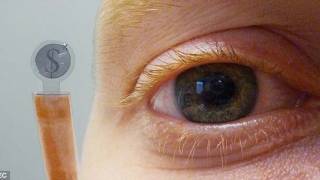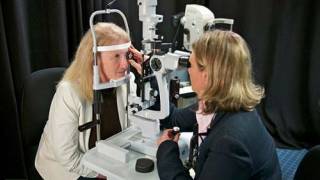Eye Contact is Not All That It’s Cracked up to Be?
Source: natureworldnews.com

Eye contact during a conversation has long been viewed as a sign of confidence and a tool to use during persuasion. However, a new study has found that the opposite is more effective in ensuring your point gets received by the other party.
New research by a professor at the University of British Columbia Frances Chen studied his subjects by using new eye-tracking technology to follow the gaze, not just of the speaker, but of the listener as well. The findings are published in Psychological Science, a journal of the Association for Psychological Science.
In a string of exercises, they learnt that eye contact is only effective when the target of the gaze is already receptive to the speaker’s point of view. In one experiment, participants were more likely to find speakers convincing when they focused on their mouths rather than their eyes.
"There is a lot of cultural lore about the power of eye contact as an influence tool," said lead researcher Frances Chen, assistant professor at the University of British Columbia, Canada, who conducted the research at the University of Freiburg, Germany.
"But our findings show that direct eye contact makes skeptical listeners less likely to change their minds, not more, as previously believed," said Chen.
According to the authors, the findings highlight that eye contact can signal very different kinds of messages depending on the situation. While eye contact may be a sign of connection or trust in friendly situations, it plays an important role in the competitive or hostile encounters in primates and other mammal species.
The experiment found that participants who looked at the speaker’s eyes were less receptive to the arguments and less open to interaction with the advocates of the opposing views, and were thus more difficult to persuade.
[...]
Read the full article at: natureworldnews.com






















